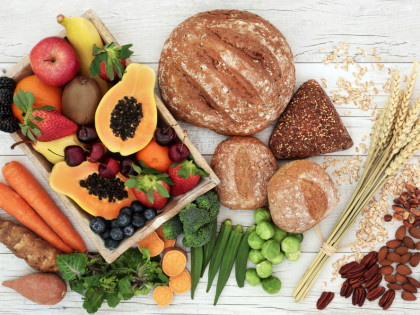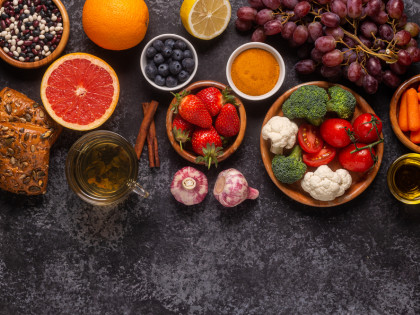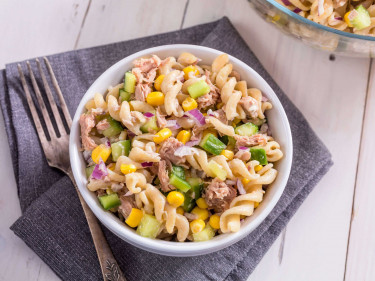How much calcium do I need?
Calcium needs vary throughout life but as an adult you will need around 1000mg/day of calcium. It is much better to get calcium from foods than from calcium supplements.
Good sources of calcium include:
- Dairy foods, such as milk, cheese, yoghurt. One cup of milk, a 200g tub of yoghurt or 200 ml of calcium-fortified soymilk provides around 300 mg calcium
- Leafy green Vegetables such as broccoli, bok choy, spinach and cabbage. One cup of cooked spinach contains 100 mg, although only five per cent of this may be absorbed. In contrast, one cup of cooked broccoli contains about 45 mg of calcium, but the absorption from broccoli is much higher at around 50–60 per cent.
- Fish such as canned salmon and sardines with the bones. Half a cup of canned salmon contains 402 mg of calcium.
- Nuts and Seeds such as brazil nuts, almonds and sesame seed paste (tahini). Fifteen almonds contain about 40 mg of calcium
- Calcium fortified foods including breakfast cereals, fruit juices and bread. One cup of calcium-fortified breakfast cereal (40 g) contains up to 200 mg of calcium. ½ cup of calcium-fortified orange juice (100 ml) contains up to 80 mg of calcium, and two slices of bread (30 g) provides 200 mg of calcium.
Why do I need calcium?
Calcium is important for strengthening bones and teeth, regulating muscle functioning, blood clotting, enzyme function and regulating heart functioning, Calcium will also help to prevent osteoporosis in later life.













